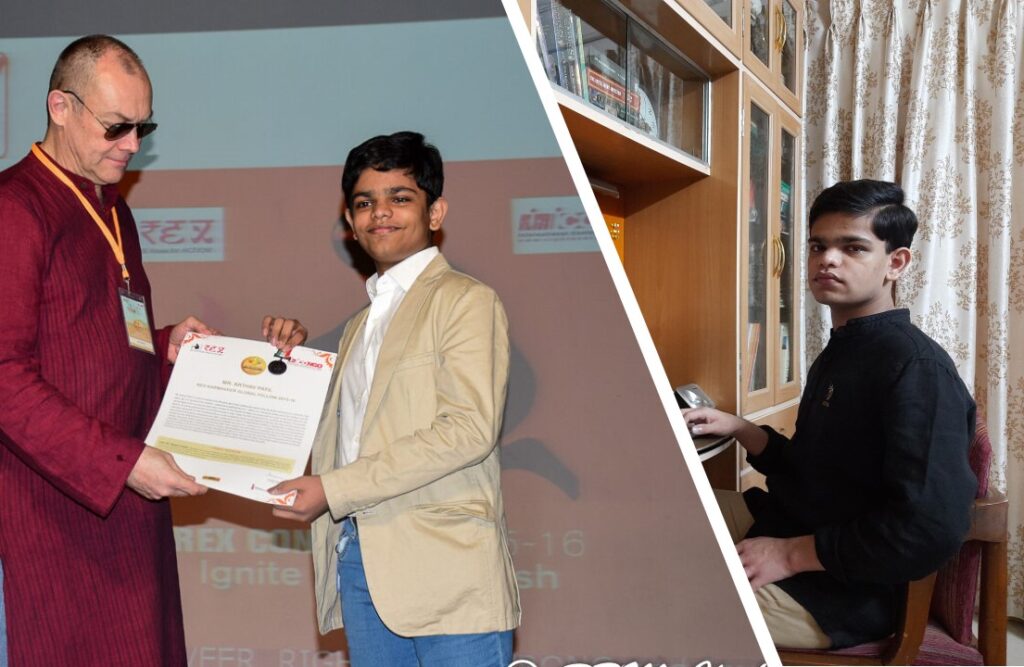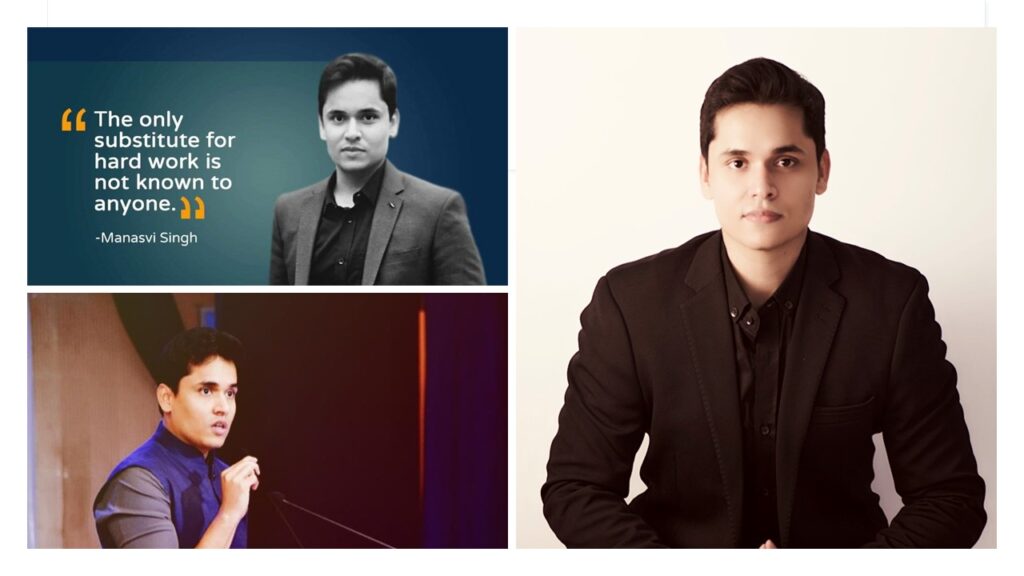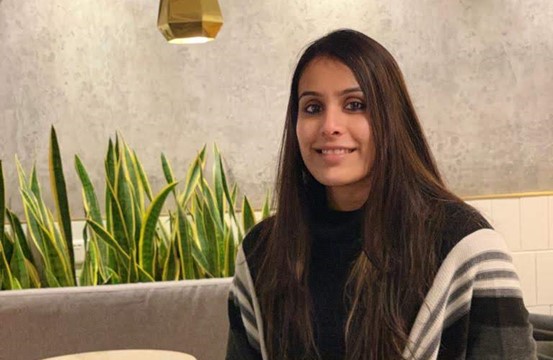This inspiring story is of a rising startup called Nota started by Paul Garibian in the financial technology space to empower attorneys to spend less time managing their finances and more time practicing law, so they can provide more value to those in need of legal representation. Here is the story of Nota in Paul’s own words.
Introduce us to the idea of Nota
Nota is a fintech solution, powered by M&T Bank, that helps attorneys with trust account management by taking a process that is complicated and time-consuming and making it simple and intuitive.
For background, any lawyer who receives funds in a fiduciary capacity in the context of his or her law practice, even if only for a brief period, must maintain or have access to a trust account before accepting funds. Some common law practice areas that use trust accounts are immigration, real estate, personal injury, family, and criminal law.
As part of trust account management, lawyers should complete a three-way reconciliation process and balance their books against their client ledgers and their bank statement – a process that is recommended by the American Bar Association and regulated by individual states.
Unlike large law firms, small firms and solo attorneys typically don’t have an extensive staff to manage this process, so they often have to do it themselves. This can be complicated, time-consuming, and stressful, especially because mistakes or oversights create the risk of commingling funds and being out of compliance – all of which can lead to inquiries, audits, and even possible disbarment.
At Nota, we recently conducted a survey of small law firms, which revealed that 41 percent of attorneys manage their trust accounts manually. You can imagine how easy it could be for an attorney to make a mistake that way and have to face ethics committees.
Nota connects directly to an attorney’s bank account, making trust accounting seamless and intuitive. It gives attorneys peace-of-mind knowing they’re in compliance while enabling them to increase productivity and efficiency.
What’s your strategy story? What led you to start Nota?
I’ve spent most of my career working with different financial institutions. From publicly traded companies and venture capital-backed organizations to founding three of my own startups, I’ve learned that fintech is all about the long-game. It takes at least ten years to build a successful fintech company.
I consider myself an “intrapreneur.” My experiences in fintech, paired with being an entrepreneur with three of my own ventures for the last 18 years, have led me to believe that a combination of the two is a winning pair. It allows you to mitigate risk, while leveraging key resources to build a long-term, sustainable brand.
This perspective paired with my varied experiences led me to Nota. I was drawn to Nota, not only because of the innovative technology, but because of M&T Bank. M&T leads with integrity. It’s a mission-driven organization that puts the needs of its customers and communities first. This is something I believe in. It’s exciting to lead a startup that shares these values and can utilize bank resources to build a fintech brand.
What marketing, operation strategies are you adopting at Nota?
Our most effective marketing channel is referrals – from users, colleagues, influencers, and more. Those referrals are helping us to increase our brand awareness, which is key when building a new brand.
We’re also starting to shift to new educational opportunities, like webinars, which is another way we’re able to both increase brand awareness and educate our community on the challenges Nota is helping to solve.
These strategies enable us to be intentional with our user recruitment and focus on customer personas that align with Nota’s product-market fit today. We plan to unlock larger parts of our total adjustable market (TAM) by continuing to increase our value proposition by building additional features for our users.
Any strategy mistakes you have made and what did you learn?
We are hyper focused on user personas and any time we deviate from that frame; it ends up costing us time and valuable resources. Focus on our users is the biggest competitive advantage that we have and diverging from that focus leads to costly mistakes.
Finally what advice do you have for your fellow entrepreneur readers?
Culture trumps strategies. And that’s because strategies and tactics change over time. Your culture is constant. To build a strong culture, you must hire people that align with your values and principles. Skills can be taught and acquired with the right mindset. Values, however, are much harder to acquire.
Disclaimer: The information in the above story is provided by the startup and The Strategy Story takes no responsibility for the authenticity of the product and services offered by the startup. Reader’s discretion is advised.
Check out stories of other aspiring Entrepreneurs
Also, check out our most loved Startup Strategy Stories below

How one man is enabling Rural India to be financially independent?
Mayank and his startup SumArth are transforming farming from an occupation to a respectful profession in rural areas of Bihar?

How Ajeet Khurana selects startups for investment and mentorship?
Ajeet Khurana has been a name quite synonymous with the Indian Startup space. The Strategy Story interviewed Ajeet Khurana to know his startup strategies

How a few professionals are reducing unemployment due to COVID-19?
Retain The Star has come up with Talent loan concept where a company provides its employees on a contract basis to other companies looking for similar skillset

How did one man leave a career of 25 years to live the “GREAT AMERICAN DREAM”?
Would you leave a comfortable life and a stellar career to start something? Read about Vivek’s journey to live the Great American Dream

Is there a right age to start your entrepreneurship journey?
Is there a minimum age into the entrepreneurship world? Guess not. Atharv Patil started his first venture at the age of 13. Find how?






